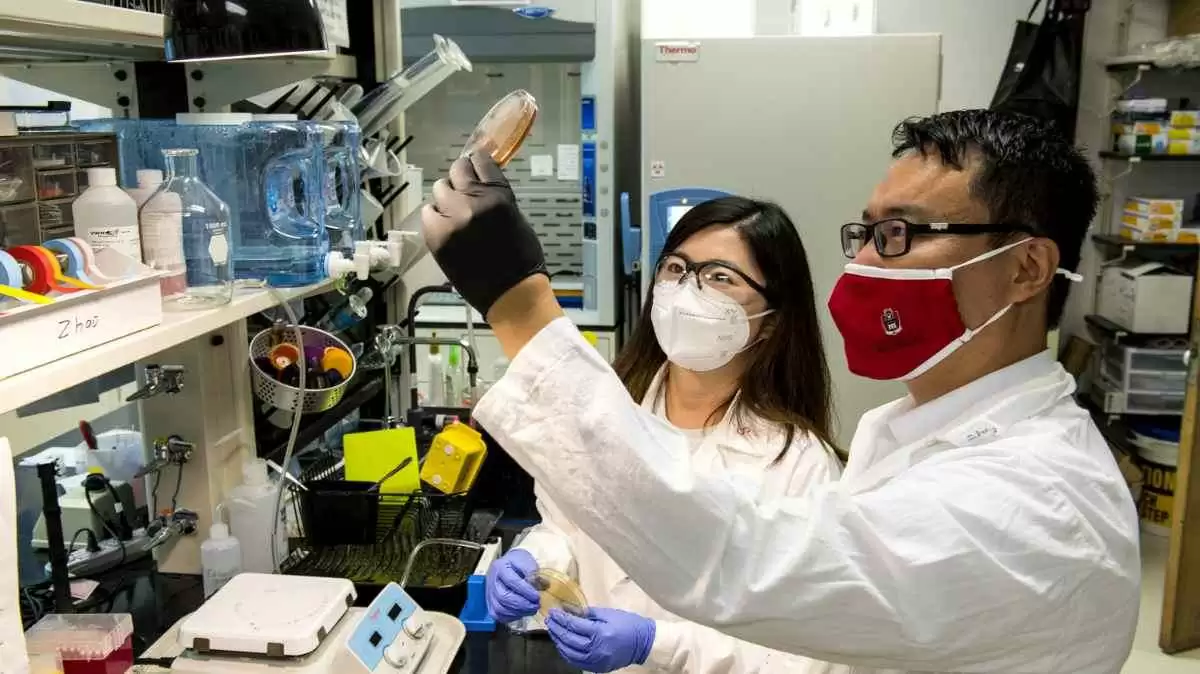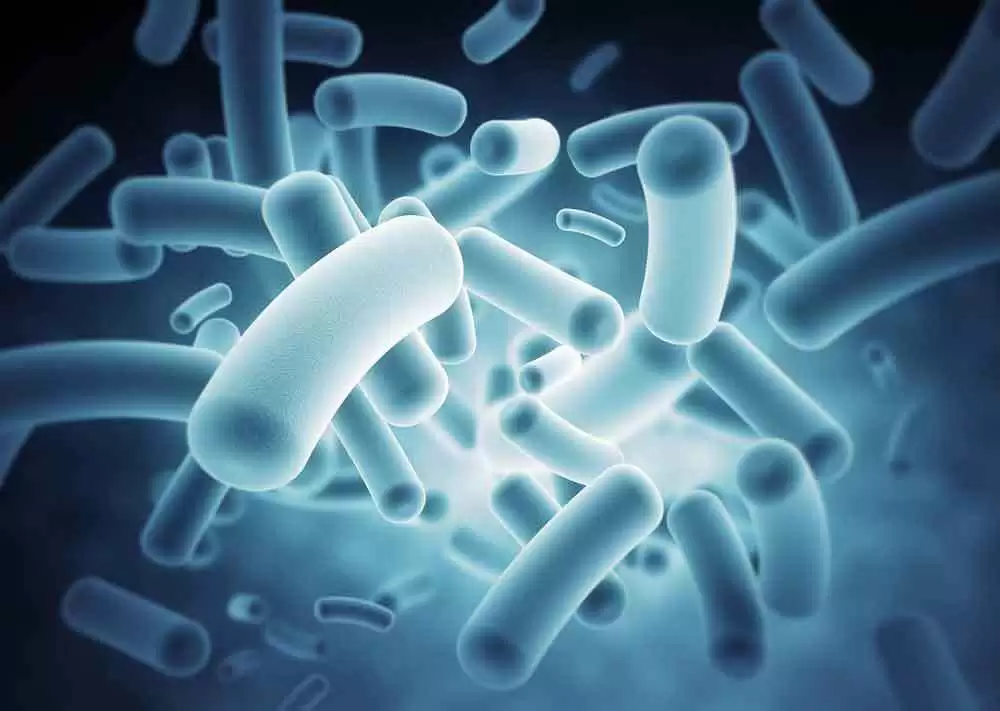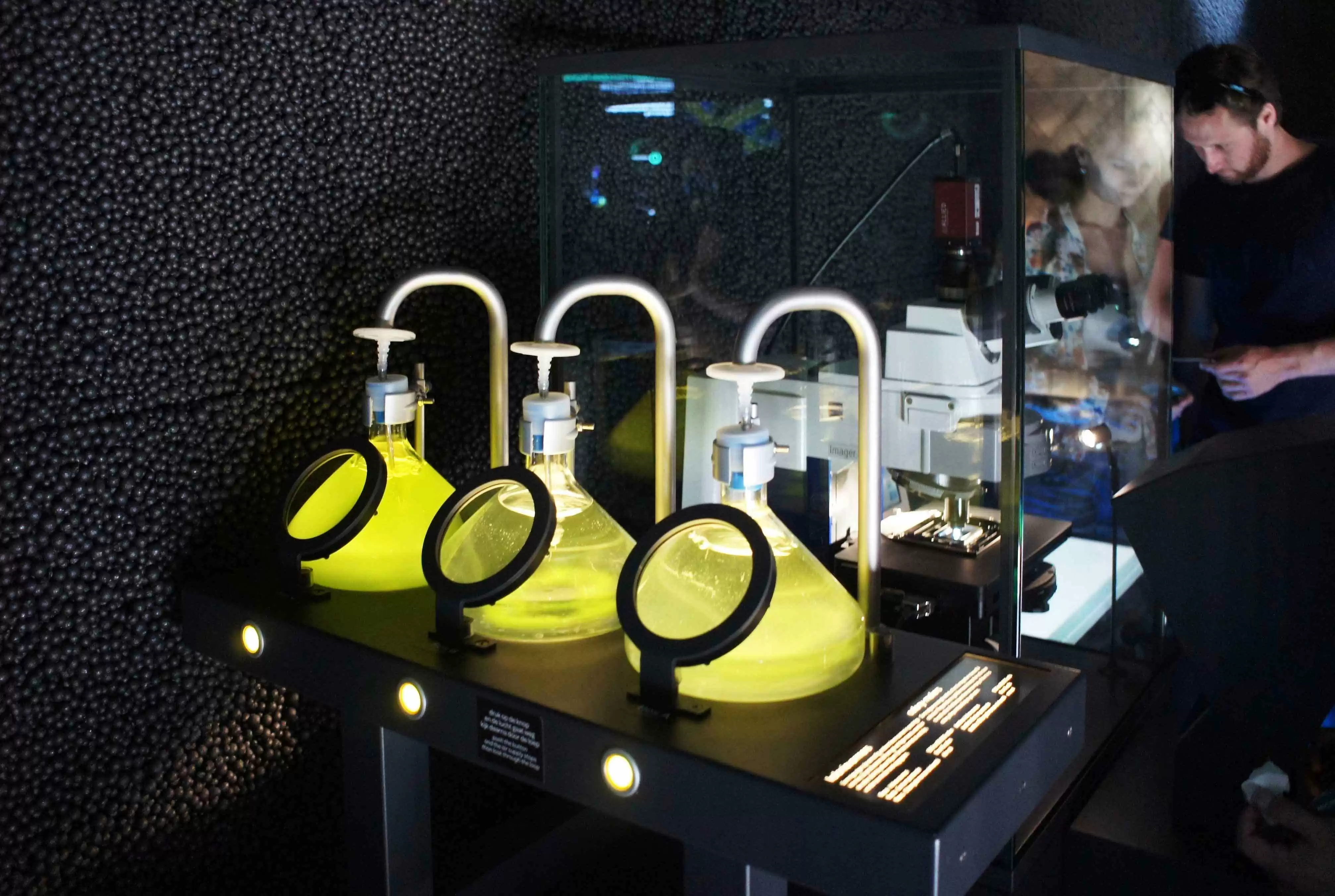
Celiac.com 05/29/2023 - Celiac disease is an autoimmune disorder triggered by gluten consumption. While genes and gluten play a significant role in the development of the disease, researchers have started to explore additional factors that contribute to its onset.
One intriguing area of study is the gut microbiota, the vast community of microorganisms that reside in our digestive tract. Recent research has suggested that alterations in the gut microbiota may act as an additional risk factor for celiac disease. To shed light on this complex relationship, scientists have embarked on a journey to explore the biogeographic variation and functional pathways of the gut microbiota in individuals with celiac disease.
Celiac.com Sponsor (A12):
One challenge researchers face is the variability in sampling sites within the digestive system. Celiac disease primarily affects the small intestine, specifically the duodenum. Therefore, understanding the microbiota along different sections of the duodenum and comparing it to fecal samples is crucial for interpreting the findings accurately and gaining mechanistic insight.
Comprehensive Study Using 16S rRNA Gene Sequencing
To tackle this issue, a team of scientists conducted a comprehensive study using 16S rRNA gene sequencing, a method that allows for the identification and characterization of microbial communities, and predicted gene function using advanced bioinformatics tools.
The research team included Marco Constante; Josie Libertucci; Heather J. Galipeau; Jake C. Szamosi; Gaston Rueda; Pedro M. Miranda; Maria Ines Pinto-Sanchez; Carolyn M. Southward; Laura Rossi; Michelle E. Fontes; Fernando G. Chirdo; Michael G. Surette; Premysl Bercik; Alberto Caminero; and Elena F. Verdu.
They are variously affiliated with the Department of Medicine, Farncombe Family Digestive Health Research Institute, McMaster University, Hamilton, Ontario, Canada; and the Departamento de Ciencias Biológicas, Facultad de Ciencias Exactas, Instituto de Estudios Inmunológicos y Fisiopatológicos, Universidad Nacional de La Plata-National Scientific and Technical Research Council, La Plata, Argentina.
Their team collected duodenal biopsies from sections D1, D2, and D3, aspirates, and stool samples from individuals with active celiac disease, as well as healthy controls. They also assessed participants' celiac disease risk genotypes.
To delve deeper into the functional impact of the microbiota, the team selected a subset of duodenal samples with similar celiac disease risk genotypes for further analysis, and used to colonize germ-free mice, enabling the study of gluten metabolism.
Study Results - Certain Microbes Present in Celiacs
The results of the study were intriguing. The composition and predicted function of the gut microbiota in celiac disease were found to be largely determined by the location within the intestine. In the duodenum, but not in stool samples, specific bacterial species, such as Escherichia coli (D1), Prevotella salivae (D2), and Neisseria (D3), were found to be more abundant in individuals with celiac disease compared to healthy controls.
Furthermore, the researchers discovered alterations in bacterial protease and peptidase genes, indicating changes in gluten degradation pathways specific to celiac disease. Interestingly, impaired gluten degradation was observed only in mice colonized with microbiota from individuals with celiac disease, further highlighting the role of the microbiota in gluten metabolism.
These findings suggest that celiac disease influences the microbial communities in distinct niches within the gut. The researchers also identified novel microbial proteolytic pathways involved in gluten detoxification, which were impaired in individuals with celiac disease but not in healthy controls carrying the celiac disease risk genotype DQ2. This suggests a potential association between these pathways and active inflammation in the duodenum.
It is important to note that the study highlights the significance of sampling site as a confounding factor in microbiome research related to celiac disease. Understanding the nuances of the gut microbiota at different locations within the intestine is crucial for accurate interpretation and meaningful conclusions.
Conclusions
This groundbreaking research opens up new avenues for exploring the complex interplay between the gut microbiota and celiac disease. By identifying specific microbial species and functional pathways associated with the disease, scientists are gaining valuable insights into its mechanisms. Furthermore, these findings provide potential targets for future therapeutic interventions and diagnostic approaches, ultimately improving the lives of individuals living with celiac disease.
As our understanding of the intricate relationship between the gut microbiota and celiac disease deepens, we move one step closer to understanding the parameters of the disease, and possibly to develop better approaches to treatment. Stay tuned for more on this and related stories.
Read more at Gastroenterology







Recommended Comments
Create an account or sign in to comment
You need to be a member in order to leave a comment
Create an account
Sign up for a new account in our community. It's easy!
Register a new accountSign in
Already have an account? Sign in here.
Sign In Now